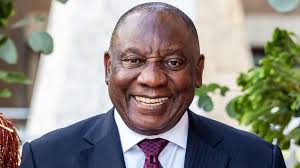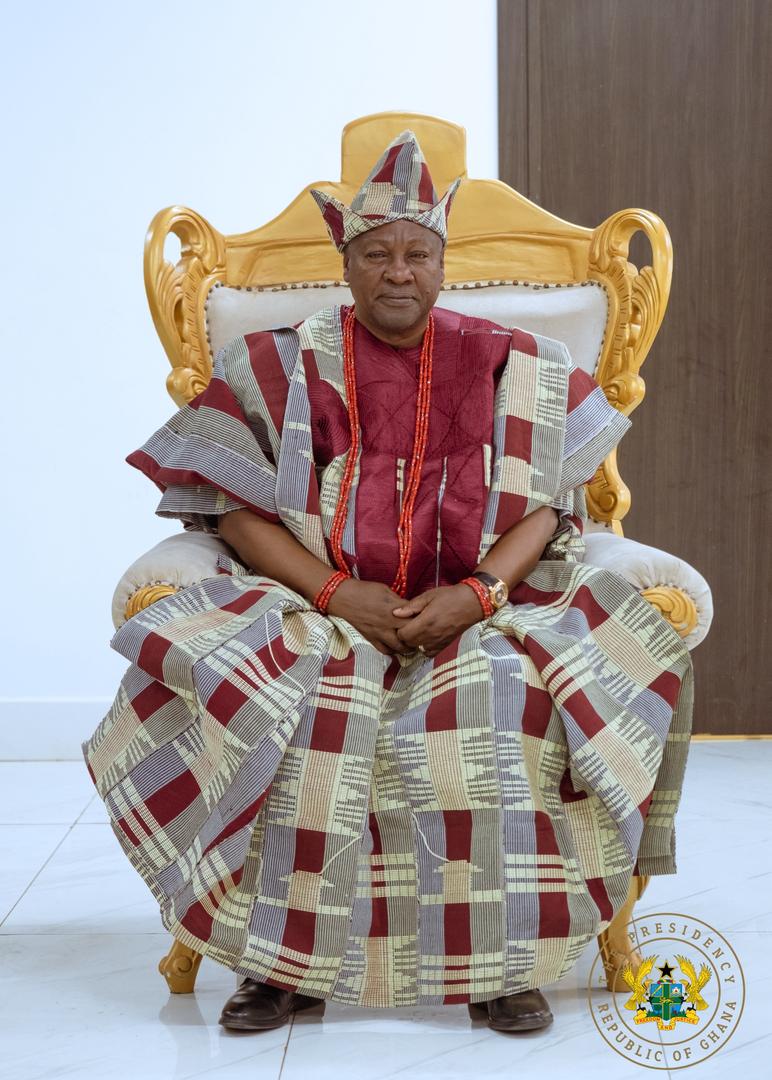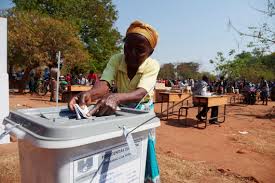In Africa, where government policies can feel more like punishments than solutions, people have found a creative outlet for their frustrations — humour. And not just any kind of humour. We’re talking about the sly, razor-sharp kind wrapped in nicknames. These aren’t just playful jabs — they’re protest tools. Subtle, clever, and sometimes downright hilarious, these nicknames reflect public sentiment and tell you more about a president’s performance than any government press release.
In recent years, calling out bad leadership hasn’t only come through street protests or fiery speeches. It’s also come via WhatsApp voice notes, TikTok skits, and Twitter threads. It’s now common to hear presidents being called names that sound like the titles of Nollywood movies. But behind the jokes lies deep political commentary. Let’s take a tour of some of Africa’s most… nicknamed leaders.
Nigeria – Bola Ahmed Tinubu aka “T-Pain”
Nigerians have a talent for naming things. From “Okada” to “Danfo,” no one does street branding like Nigerians — not even Coca-Cola. So when President Tinubu’s economic reforms led to a brutal increase in fuel prices and cost of living, it didn’t take long before he earned a name that stuck: T-Pain.
Yes, like the American rapper. But this one doesn’t auto-tune your suffering — it amplifies it. “T-Pain” symbolises the sharp pangs of hardship Nigerians have felt under Tinubu’s administration. “Change” was promised; “pain” was delivered. People are laughing through the tears, but the message is clear: this joke has bite.
South Africa – Cyril Ramaphosa aka “Cupcake”
Who would think a sugary treat could carry such political weight? In South Africa, President Cyril Ramaphosa is affectionately — or not-so-affectionately — called Cupcake.
It started with a viral video of Ramaphosa looking too happy for a man overseeing a country knee-deep in unemployment and scandals. Like a cupcake in a bakery window, he appeared sweet and pleasant. But too much sweetness, South Africans say, leaves a bitter taste. “Cupcake” has come to symbolise the sugary promises and empty calories of his leadership. It’s all frosting, no substance.
Uganda – Yoweri Museveni aka “Bosco Katala”
Museveni has been ruling Uganda since 1986. That’s longer than some African countries have had democracy, or steady electricity. In his early years, he was seen as a saviour, a bold leader who stood up to brutal regimes. But 38 years later, Ugandans now refer to him as Bosco Katala.
“Katala” in Luganda roughly translates to someone out of touch, culturally backward — village man things. “Bosco” came from a silly telecom advert Museveni was linked to some years back. The name has stuck as a symbol of how disconnected he is from the struggles of ordinary people. It’s a name filled with local flavour — and biting disapproval.
Kenya – William Ruto aka “Zakayo”
Kenyan President William Ruto is fondly (read: sarcastically) called Zakayo, a Swahili twist on Zacchaeus — the biblical tax collector.
This name was born in June, when Kenyan Gen Zers led nationwide protests against new taxes. Ruto, known for his endless levies, was instantly baptised Zakayo. The name reflects the public’s exasperation with rising costs and shrinking wallets. And just like Zacchaeus climbed a tree to escape the crowd, Kenyans joke that Ruto may soon need one too — to avoid the angry masses.
Cameroon – Paul Biya aka “President of the Hotel InterContinental”
Paul Biya has been president of Cameroon for a jaw-dropping 48 years. At this point, he’s less of a president and more of a monarch with travel points. Cameroonians have dubbed him the President of the Hotel InterContinental, a nod to his luxurious and extended stays in a Swiss hotel — even as the country he rules over struggles with economic and political crises.
At 91, Biya rarely makes public appearances. His government recently banned media outlets from discussing his health, but the nickname has already done the job. It reflects the frustrations of a people who feel abandoned by their leader — who rules from the lobby of a hotel rather than the halls of their country’s government.
These nicknames are more than just jokes — they’re survival tools. When you live in a country where expressing dissent can get you arrested (or worse), sometimes the safest way to say the truth is to laugh out loud. Behind every sarcastic nickname is a long list of grievances, fears, and hopes. They’re coded critiques that dodge censorship and invite conversation.
In a way, nicknames humanise power. They take back control, even if just for a moment. And for everyday people trying to get by — dealing with currency freefalls, vanishing jobs, and leaders who only appear on TV — the chance to laugh at power is a kind of victory.
So, next time you hear someone in Africa refer to their president by a curious name — don’t dismiss it as banter. That joke might just be a protest sign, cleverly folded and passed around on the streets, whispering truths louder than any press conference.
After all, as any Nigerian will tell you: if you don’t laugh, you’ll cry — and garri is still ₦700.





